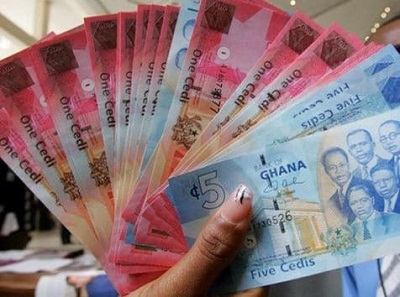
Ghana’s total debt stood at GH₵393.5 billion, representing 78.3 per cent of GDP as of 30th June, 2022, with about 51.7 per cent of this position being financed by external debt.
Despite the country’s debt stock in dollar terms reducing by 7.2 per cent from $58.6 billion as of June 2021 to US$54.4 billion as of June 2022, PwC said the significant depreciation of the cedi by about 16 per cent over the period has contributed significantly to the rising debt position.
Overall, PwC said the mid-year review indicates clearly where the current challenges lie for the Ghanaian economy.
“These are not new challenges – revenue generation continues to require additional impetus as does an overall rebalancing of our expenditure prolife, which has resulted in the current debt burden. For 2022, thanks mainly to increased global oil prices, the measures and revised budgets outlined in the mid-year review look achievable,” it said
“The real question is what the medium to long term plan is to deal with the fundamental challenges we need to confront. The Ghana CARES programme sets out government’s plan for the transformation of the economy. An Enhanced Domestic Programme, which we understand that government is currently developing, will complement the Ghana CARES Programme. These will form the basis of discussion and ultimately, agreement with the IMF on a medium-term road map and the IMF’s support to Ghana’s economy”, it added.
“While we await the details of the plan and the outcome of discussions with the IMF, we encourage government to maintain its resolve on the implementation of the expenditure cuts that it has identified and to the implementations of the revenue measures that have been approved as part of the 2022 Budget,” it concluded.




